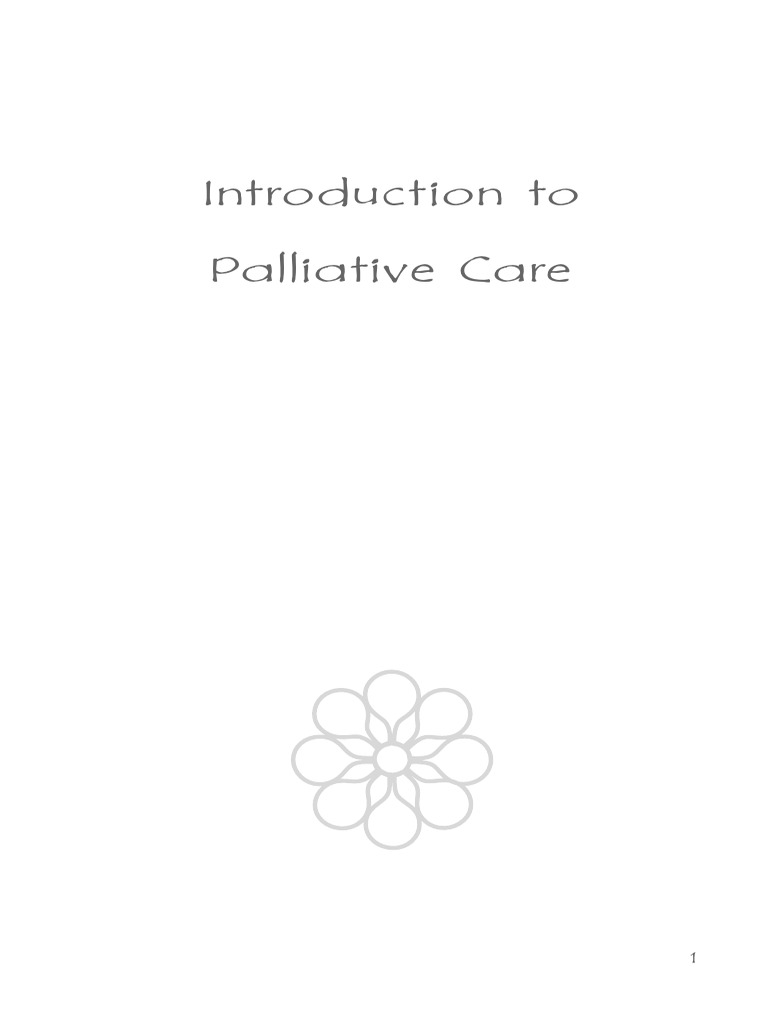The Bahá’í teachings provide a profound framework for understanding human suffering, illuminating its complexities through spiritual insights and ethical imperatives. To comprehend suffering within this worldview, one must consider the multi-faceted nature of existence as described in Bahá’í scripture. This perspective invites individuals to view suffering not merely as an affliction, but as an integral component of the human experience, embodying both trials and opportunities for growth. By engaging with Bahá’í principles, one finds a comprehensive narrative that eventually leads to the alleviation of suffering and the cultivation of a more compassionate world.
The first essential element in Bahá’í thought regarding suffering is the principle of unity. Unlike traditional views that often segregate individuals based on socio-economic status, race, or religion, Bahá’í teachings posit that humanity is interconnected, sharing a collective destiny. This interconnectedness manifests itself in the notion that personal suffering can evoke empathy and solidarity among individuals. For instance, an individual’s struggle with loss can resonate with another’s experience, forging bonds of understanding that transcend superficial differences. In this regard, suffering is not solely a personal trial; it transforms into a pivotal moment that can inspire communal support and foster resilience.
Another cornerstone of Bahá’í teachings is the concept of spiritual growth through adversity. The suffering faced by individuals serves as an underpinning for personal development and transformation. As with a seed that must break through the soil to reach the light, personal trials encourage individuals to cultivate patience, strength, and fortitude. Bahá’í scriptures often illustrate the idea that trials are instruments of spiritual refinement, preparing souls for higher states of existence. Hence, the challenge lies in recognizing suffering as a catalyst for potential upliftment rather than as a mere burden to bear.
Moreover, Bahá’í writings echo the metaphor of the mirror reflecting both light and shadow. Suffering, when viewed through this lens, can illuminate certain aspects of human life that remain obscured in times of ease. Pain often reveals vulnerabilities, prompting individuals to examine their inner selves. This critical introspection can lead to a profound realization of the importance of compassion. The more one understands suffering—whether it be one’s own or that of others—the greater capacity one has to empathize, advocate, and foster healing within the community. Such insights underscore the idea that suffering can indeed serve a higher purpose.
In addition to fostering personal growth, the Bahá’í perspective maintains that collective action is vital in addressing the root causes of suffering. It is not enough to merely endure pain; rather, one must take active steps to alleviate the suffering of others. This philosophy aligns with the notion of service—a fundamental tenet within the Bahá’í faith. Individuals are encouraged to engage in acts of kindness and justice, addressing social inequities that perpetuate suffering on a larger scale. This collective responsibility emphasizes that alleviating suffering requires both individual commitment and communal efforts, creating a tapestry of interconnected actions that drive societal change.
A remarkable aspect of the Bahá’í understanding of suffering lies in its reconciliation with faith. While many grapple with questions of divine justice in the face of suffering, Bahá’í teachings assert that God’s plan transcends human understanding. Faith serves as a cornerstone in navigating the tumultuous waters of pain; it provides solace and assurance that there are underlying meanings and purposes behind the tribulations faced. This perspective encourages believers to cultivate trust in divine wisdom, fostering resilience even amidst unprecedented challenges. The metaphoric representation of life as a vast ocean, with waves of both joy and sorrow, captures this sentiment beautifully. Just as a sailor must adjust their sails to weather storms, so too must individuals navigate life’s difficulties with grace and determination.
The Bahá’í framework also invokes a unique appeal to the collective global journey towards healing and unity. As individuals seek to understand their own suffering, they are simultaneously beckoned to consider the suffering of humanity at large. The teachings urge followers to look beyond personal anguish and recognize the plight of the marginalized, the impoverished, and the oppressed. This global perspective is crucial in fostering a sense of solidarity and collective healing. It transforms the dialogue around suffering from an isolated experience to a communal obligation, nurturing a vision where humanity collectively strives to rise above adversities together.
In conclusion, the Bahá’í teachings offer a rich tapestry of insights that transform our understanding of suffering. By recognizing the unity of humanity, acknowledging the potential for personal and collective growth through adversity, embracing the importance of faith, and actively engaging in service, individuals can cultivate a more meaningful experience of suffering that is steeped in purpose and connection. The metaphor of life as an intricate melody, where moments of dissonance contribute to a harmonious symphony, serves as a powerful reminder that each note of pain can enhance the beauty of the human experience. Furthermore, this holistic approach not only nurtures individual soul development but also lays the groundwork for a more compassionate and just world—one where the understanding of suffering becomes a beacon guiding humanity towards unity and peace.
